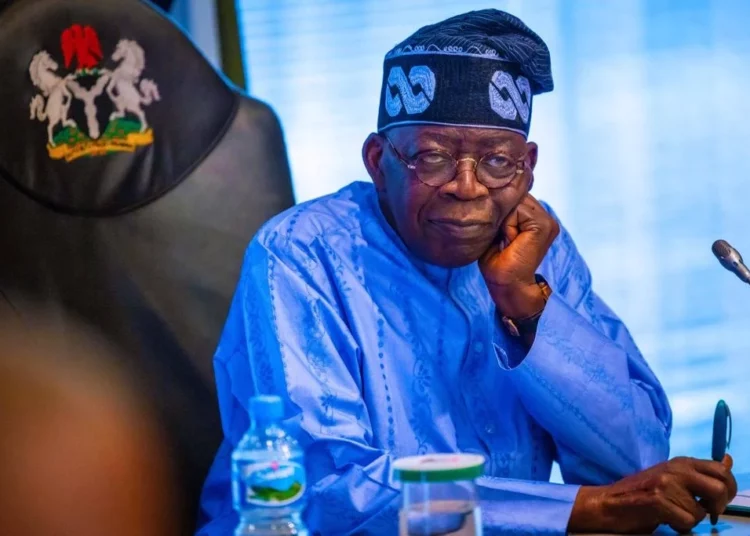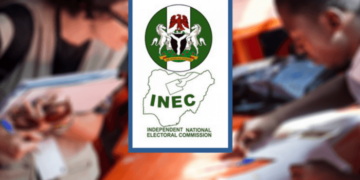The United States District Court for the District of Columbia has ordered the Federal Bureau of Investigation (FBI) and the Drug Enforcement Administration (DEA) to release records relating to Nigerian President Bola Tinubu.
The order was issued on Tuesday by Judge Beryl Howell in response to a motion filed by American transparency advocate, Aaron Greenspan, who accused the agencies of violating the Freedom of Information Act (FOIA) by failing to release documents connected to alleged federal investigations involving President Tinubu and one Abiodun Agbele.
Judge Howell ruled that efforts to withhold the documents were unjustified. “The claim that the Glomar responses were necessary to protect this information from public disclosure is at this point neither logical nor plausible,” the judge said in a firm rebuke of the law enforcement agencies’ stance.
The term “Glomar response” refers to an agency’s refusal to confirm or deny the existence of requested records, typically on grounds of national security or personal privacy. Both the FBI and DEA had previously relied on this argument in denying Greenspan’s request.
However, the judge found the Glomar responses to be “improper and must be lifted,” ruling partly in favour of the plaintiff.
According to court filings, Mr Greenspan argued that the agencies had already officially acknowledged the existence of investigations tied to both Tinubu and Agbele, thereby waiving their right to secrecy. He contended that, the DEA had confirmed investigations into Agbele’s role in a drug trafficking ring, the FBI and DEA had acknowledged investigations into Tinubu’s connection to the same ring, the public interest in releasing the information outweighed any potential privacy concerns, and the CIA had also acknowledged having records relevant to the FOIA request.
Judge Howell noted that a FOIA requester may challenge a Glomar response in two ways; by arguing that the agency’s reasoning under FOIA exemptions was flawed, or by demonstrating that the agency had previously disclosed the information. She found that Greenspan had done both.
Tinubu’s alleged links to narcotics investigations date back to 1993, when he reportedly forfeited $460,000 to the US government. Authorities had linked the funds to suspected proceeds of narcotics trafficking. The matter resurfaced during the 2023 Nigerian presidential election tribunal, where Tinubu’s opponents, Atiku Abubakar and Peter Obi questioned his eligibility. The tribunal, however, dismissed their petitions and upheld Tinubu’s victory.
Despite the tribunal’s ruling, the US court’s decision marked a renewed legal push to bring details of past investigations into the public domain.





